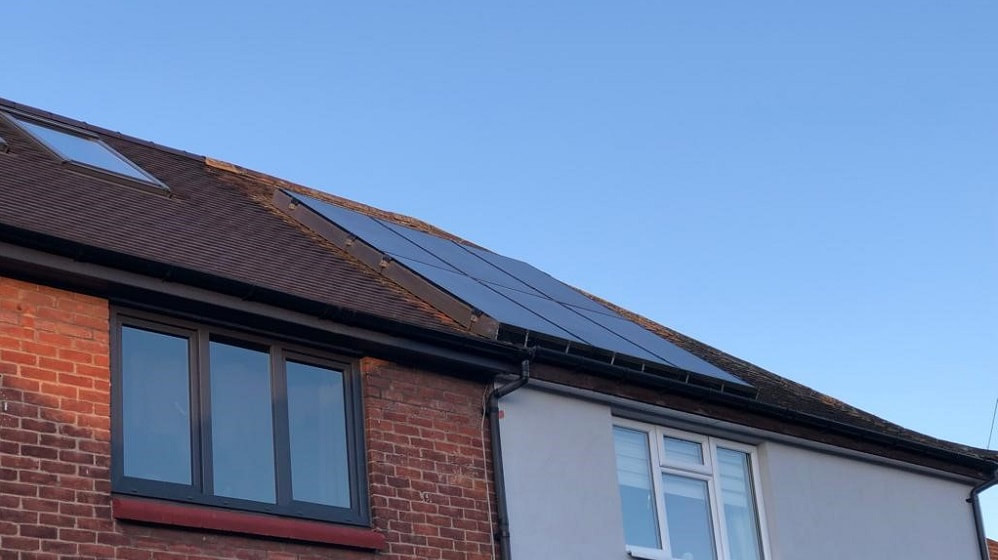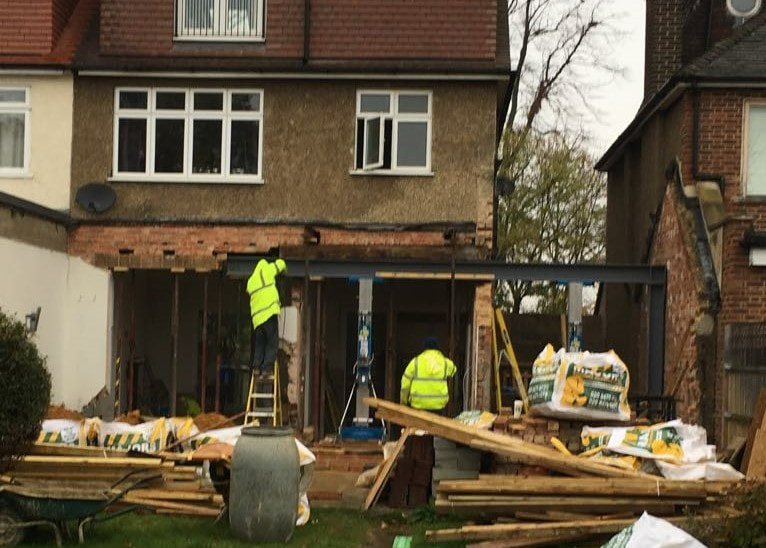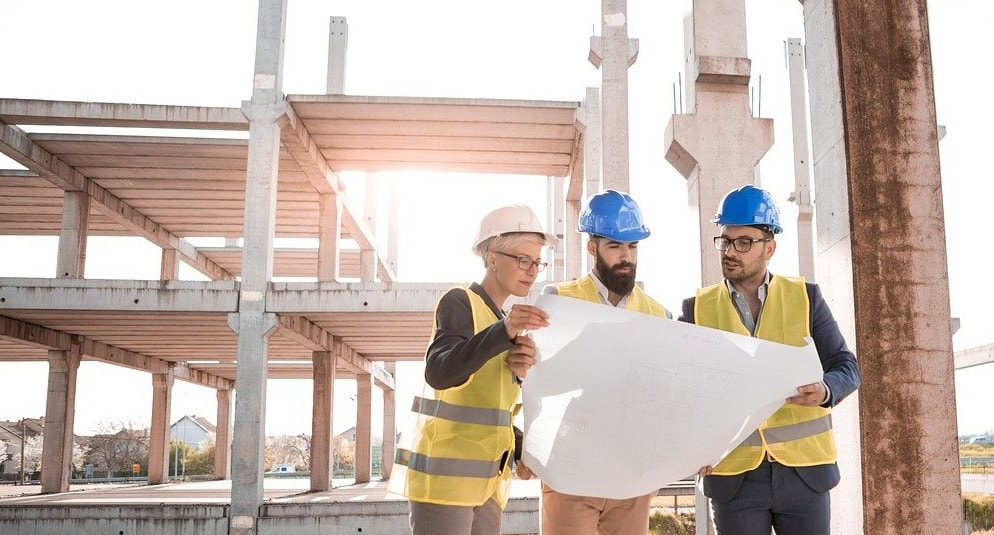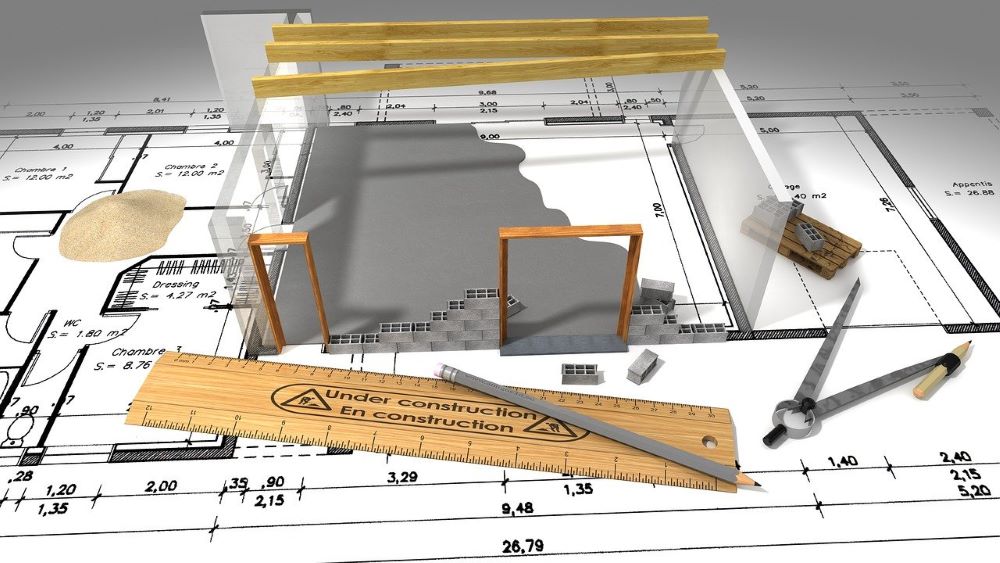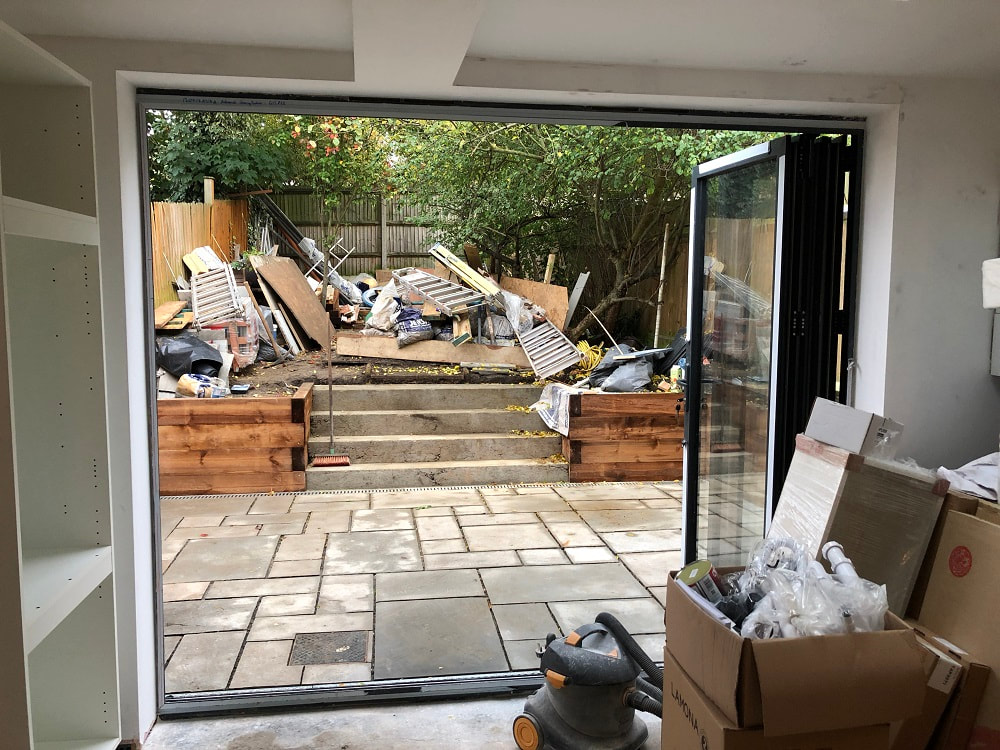|
Building cracks can be more than just unsightly blemishes on the facade; they can signal potential structural issues that pose risks to occupants and the longevity of the property. When it comes to building safety, structural engineers are the frontline defenders, armed with knowledge, experience, and a keen eye for detail. Let's look deeper into their role in crack inspections and why their expertise is indispensable.
0 Comments
Thinking about going green and harnessing the sun's power with some solar panels? It's a fantastic idea to save money and help the planet, but let's talk safety. Some folks like to DIY their solar setups, but here's the thing – it can get risky, especially if your home has structural issues.
When you have a new construction project, the role of structural engineers goes beyond the traditional confines of calculations and blueprints. Today, structural engineers are considered indispensable design consultants, offering a unique blend of technical expertise and creative insight. Let’s explore the multifaceted contributions of structural engineers as design consultants and how their distinctive skillset can elevate your project to new heights.
In the world of construction and design, the success of a project hinges on more than just aesthetic appeal. Behind every architecturally stunning building or meticulously designed infrastructure lies a critical player – the structural engineer. These construction professionals play a pivotal role in ensuring the integrity, safety, and longevity of any construction project. In this blog post, we will delve into three compelling reasons why hiring a structural engineer is not just a choice but a necessity, that will put you in a good position.
Building a home extension can undoubtedly provide your family with more livable space and add market value to your property. While each house construction project faces unique challenges depending on your desired outcome, getting familiar with the usual steps to get your project underway is beneficial.
Modern buildings are created with a variety of construction materials. Some common types include wood, steel and concrete. Whether you want to build something that will last for decades or need an office building built quickly, these different options can meet your needs.
The building design is not just about the aesthetics of a building. The structure must be able to support itself and resist loads that are put on it. Many people do not know the difference between live, dead, and permanent loads. This article will break down what each load is to understand how to build your next project.
Structural engineers are primarily concerned with designing and constructing buildings and structures that are safe and capable of withstanding the elements to which they will be exposed, as well as improving the structural integrity of existing buildings. The job is very closely related to that of civil engineer.
Are you about to embark on the first extension project for your home? If so, you understand the importance of engaging the services of many different experts. You have probably found an architect to draw the plan and builders to carry out the work. There is also a good chance that you approached an interior designer to define the aesthetics for the additional space. Amid all the rush of planning the project, have you talked to a structural engineer? Do you even need to? The short answer is yes, but before we discuss why, let us take a quick look at what a structural engineer can do for you.
Dealing with a home renovation or office space reconstruction can be a draining process. It can often involve the need for various professionals to undertake different aspects of the job and deciding on which company to hire can be a nightmare. The internet offers a wide range of companies offering the same services and trying to decipher which ones are the right ones for your job can be stressful.
Even basic levels of construction can involve analyzing certain structural damage possibilities. Contractors and inspectors may help determine what they are, but structural engineers can dive deeper into the factors and severity of the obstacle. If you need to execute various structural analyses and engineering designs, it is best to hire a structural engineer. |


